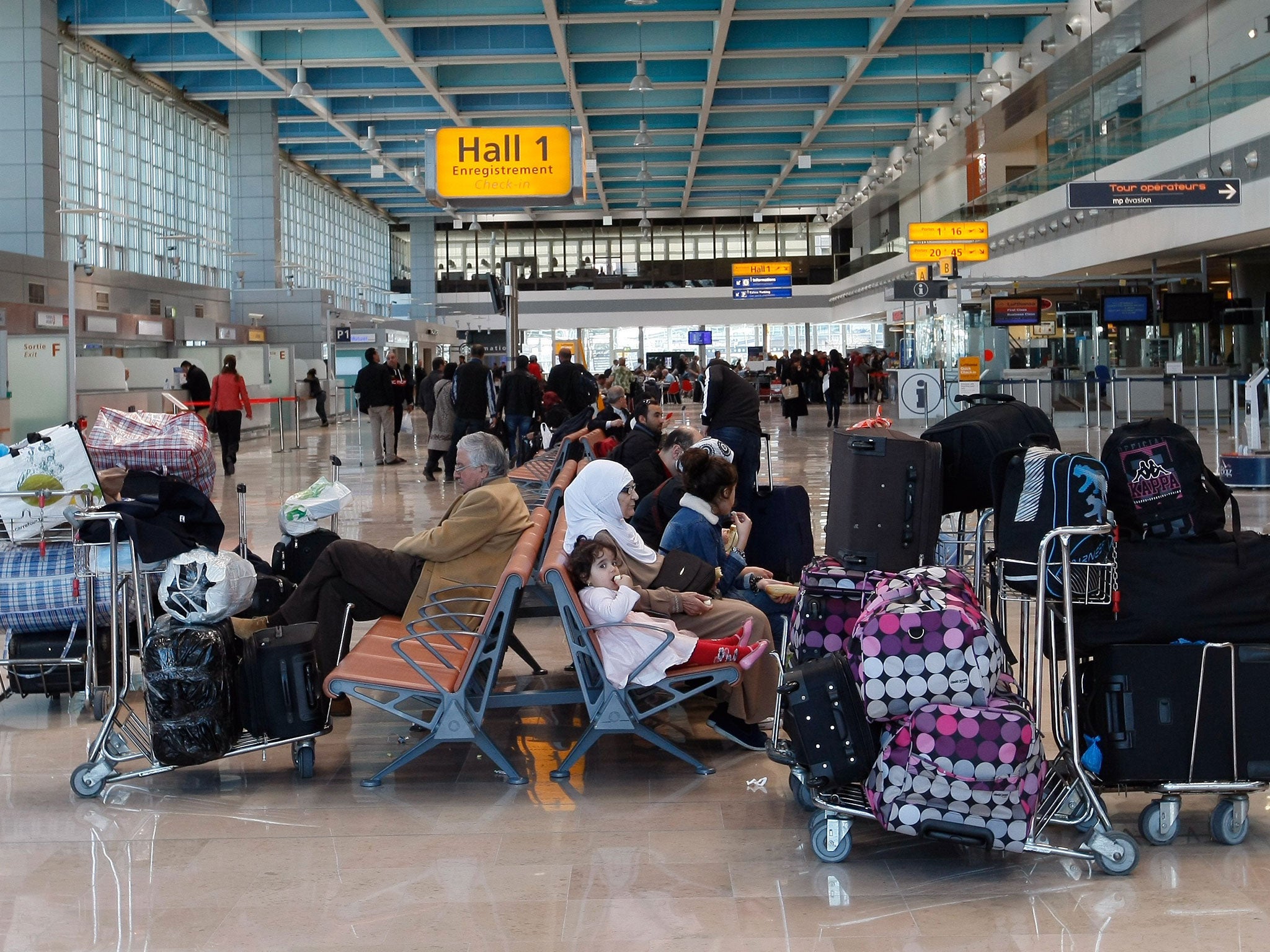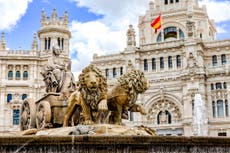France travel advice: What are the latest rules under lockdown and can I visit?
The latest travel restrictions explained

Just a Channel-hop away, France has long been a popular holiday mainstay for Brits. It was one of the earliest countries to be added to the UK’s list of travel corridors – places from which arrivals didn’t have to undergo a mandatory two-week quarantine – but was soon removed again after spiralling numbers of new coronavirus cases.
Like many European nations, including the UK, France is now faced with a second wave of Covid-19, with infection rates, hospitalisations and deaths all on the rise again. It has introduced stringent measures accordingly, many of which affect would-be tourists.
Here’s everything you need to know about the latest travel restrictions.
Am I allowed to travel to France from the UK?
Technically yes. While the FCDO currently advises against all non-essential travel to France, it is not illegal to travel there. However, if you travel against FCDO advice, it will likely invalidate your travel insurance unless you buy a special policy.
How can I get there?
Air France, easyJet and British Airways are all flying direct between London and Paris Charles de Gaulle.
Eurostar is currently running three daily services each way between London St Pancras and Paris Gare du Nord.
Brittany Ferries continues to operate sailings from Poole, Plymouth and Portsmouth to various French ports, and is currently waiving its amendment fee for those who want to change their travelling dates.
The Eurotunnel is also still open.
Will they let me in when I arrive?
French President Emmanuel Macron said France's European borders would remain open.
Arrivals by sea and air routes will need to complete a “sworn statement” (déclaration sur l’honneur) form self-certifying they are not suffering from symptoms associated with Covid-19 and have not been in contact with confirmed cases in the preceding fortnight. This is available in English on the site of the French Embassy London.
There continues to be a sharp rise in the number of Covid-19 cases in France, and the French government is introducing strict measures to limit the spread of the virus.
From 30 October, new lockdown rules will be in place for four weeks in mainland France and Martinique. People are being instructed to stay indoors and can only leave their residence if they have an exemption certificate and under the following circumstances: they are commuting to and from work, university or a training placement (only if this can’t be done remotely); they have medical appointments that cannot be carried out remotely or postponed; there are essential family commitments, such as assisting someone vulnerable, assisting someone in an emergency, or taking care of children; they have a disability or are the carer for someone with a disability; they have a judicial or administrative summons; they are “participating in a mission of general interest upon request from an administrative authority”; or they are walking a pet outdoors within 1km of their residence and for a brief amount of time.
People are also admitted outside “to shop for essential goods or to go for a walk near your house,” Macron announced.
Will I have to take a Covid-19 PCR test?
You won’t have to provide a negative test to enter France, but it looks like you’ll be tested on arrival into the country.
“All travellers must be tested at airports and ports,” reads the French government website.
Will I have to quarantine when I arrive?
No, France does not require travellers from the UK to quarantine when they enter. However, current lockdown rules add up to something similar to quarantine for most people anyway.
Will I have to quarantine when I come home?
Yes. France is currently not on the UK government’s travel corridors list, which means those returning from there will need to self-isolate for 14 days.
Can I travel within France?
No, not under the new measures. The French government website says: “Travelling between different parts of France is forbidden”, though it adds that there will be some “tolerance” for those returning from holiday on the weekend of 31 October-1 November.
Are hotels open?
Hotels will be allowed to stay open, but their restaurants will be closed.
However, it’s unclear whether many will stay open when demand is likely to be extremely low.
Are restaurants, shops and attractions open?
During the new nationwide lockdown, nearly everything will be closed (and even if attractions were open, you wouldn’t be permitted to go to them under the new rules).

Non-essential shops and venues as well as bars and restaurants will have to close from 30 October but takeaways, grocery shops and supermarkets, pharmacies and tabacs, as well as petrol stations and other essential stores, will remain open.
What rules are in place?
Aside from the rather limiting rule of not being allowed to leave your residence without a valid reason (or face a €135 fine), public gatherings are forbidden and masks must be worn in enclosed public spaces at all times. In some regions, for example Paris, you must also wear a mask in all outdoor public spaces too.
Join our commenting forum
Join thought-provoking conversations, follow other Independent readers and see their replies
Comments

Bookmark popover
Removed from bookmarks